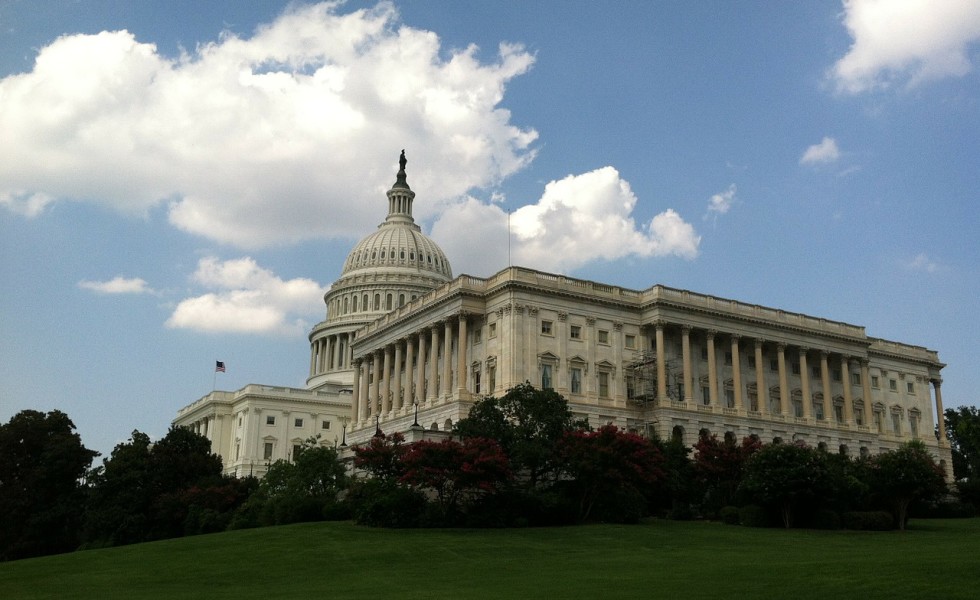The Ag Politics of Being Agriculturally Apolitical
Posted on August 4, 2021

It’s a widely held belief that if you want to get ahead in farm group politics, you can’t be political. Well, not overtly political, anyway. Quietly, sure; loud and you’re outta’ here.
For example, according to OpenSecrets.org, the best tracker of campaign cash in American politics, the nation’s largest, richest farm group, the American Farm Bureau Federation (AFBF), contributed a stunningly puny $6,932 to all federal candidates in the 2020 general election.
The year before, however, AFBF, spent a staggering $3,282,414 for its 18 lobbyists to plant, cultivate, and harvest its politically-conservative/subsidy-liberal ag policies on Capitol Hill.
It’s similar in the agricultural academy; Land Grant University officials rarely, if ever, comment on state or national politics. The overriding public view is that university farm and ranch experts should focus on efficiency and profits, not politics and politicians.
But that’s an impossibly fine line to walk. Land Grant Universities, after all, were born through politics, the Morrill Act in 1862, and continue to receive large portions of their funding via the increasingly partisan, federal and state political process. As such, most Land Grant administrators are as adept at realpolitik as they are in political science and animal science.
Still, pity the ag professor who possesses the poor judgment–not to mention nerve–to go public about the use or misuse of public money at the Big U. Just ask Mark Rasmussen, the just-retired director at the Leopold Center for Sustainable Agriculture at Iowa State University.
In public remarks to the Iowa Farmers Union’s “Lunch & Learn” webinar series June 24, Rasmussen rattled some of Iowa’s political and ag leaders by wondering if a new state initiative to sequester carbon was “just another subsidy scheme” rather than a serious attempt to address climate change.
His proof? Gov. Kim Reynolds’ newly named carbon sequestration panel “has no environmental-group representation,” reported the Iowa Capital Dispatch, June 26, “but plenty of ag-group members,” including one of the guv’s biggest Big Ag campaign contributors.
And that was just part of what he said; throughout much of his 16-slide presentation, Rasmussen questioned heaps of ag theology. For example, he asked the group if climate change is at least partial proof that our mission “to feed the planet” is, in fact, “degrading the planet.”
Shortly thereafter, Rasmussen crossed the metaphorical Rubicon of farm politics: he dished dirt–literally–on ethanol. His entire quote, again, courtesy of the Iowa Capital Dispatch, was pure political heresy to Big Ag.
“The other one that’s upset people is I like to use this term ‘putting dirt in your gas tank’ with regards to the ethanol industry. They [ethanol promoters] never in their propaganda mention the impact that juicing up the corn market had on soil erosion in bringing highly erodible land into production and taking it out of growing grass or other perennials. So ethanol to me is not as green as they like to say it is, if you really look at the life cycle analysis, and include soil in that equation.”
Most economists would say that’s sound science; most ag economists, however, wouldn’t touch that side of ethanol with a 10-foot barn broom.
But sound science was, in fact, behind the 1987 founding of the Leopold Center and the state’s steady funding of its work. Its goals were simple and direct: “To identify and develop new ways to farm profitably while conserving natural resources as well as reducing negative environmental and social impacts.”
The state abandoned Leopold, though. In an overtly political move, the Iowa legislature stripped it of state funding in 2017 and since then, explains Rasmussen in a telephone interview, Leopold has operated on crumbs, or about 10 percent of its pre-2017 budget.
Now, with Rassmussen’s June 30 retirement, the Center loses its campus office space and its full-time staff. In short, it’s a goner; both a child of and a victim to agriculture’s parochial politics.
But no one really wants to talk about it because we don’t do politics in agriculture. At least not out loud.
© 2021 ag comm
Share This